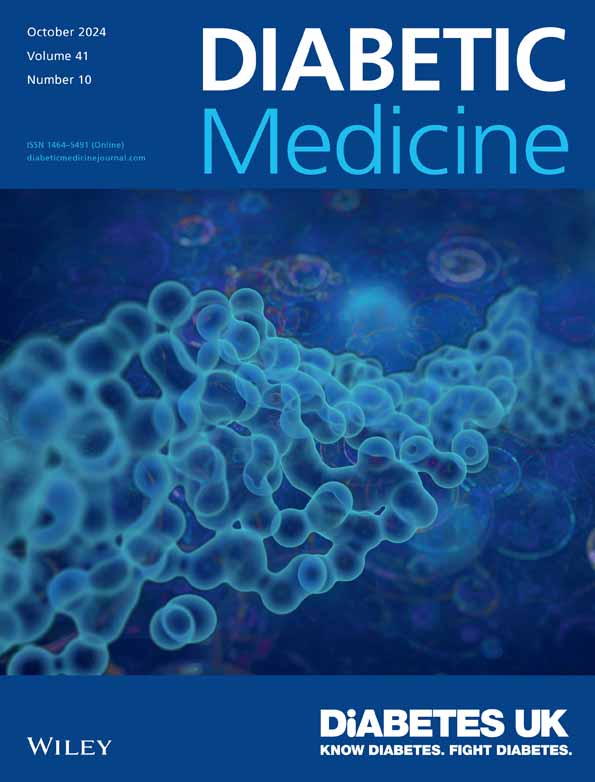Associations of glycaemia-related risk factors with dementia and cognitive decline in individuals with type 2 diabetes: A systematic review and meta-analysis
Abstract
Aims
To quantify prospective associations of glycaemia-related factors with cognitive decline and all-cause dementia and its subtypes in people with type 2 diabetes.
Methods
We systematically searched Embase and MEDLINE (January 2000–October 2024) for studies in people with diabetes reporting longitudinal associations of a relevant exposure (i.e. hypoglycaemia, HbA1c, HbA1c variability or diabetes duration) with any of these outcomes: cognitive decline, all-cause dementia, Alzheimer's disease (AD) or vascular dementia (VaD). Data were meta-analysed using a random-effects model followed by meta-regression if appropriate.
Results
Forty studies representing 7,076,724 individuals with diabetes were included. Hypoglycaemia was significantly associated with 49% and 31% higher risks of all-cause dementia and AD, respectively. The pooled effect size did not significantly vary according to age, sex, diabetes duration, smoking, follow-up length, comorbid hypertension, kidney disease, dyslipidaemia or stroke (all p > 0.05). A positive association existed between hypoglycaemia frequency and all-cause dementia, with maximum hazard ratios (HRs) of 2.36–2.60 in the highest exposure group. HbA1c showed a positive risk gradient for all-cause dementia, with maximum significant HRs of 1.40–3.88 for the highest category, while only three studies were available for meta-analysis, with a pooled HR (95% CI) of 1.18 (0.97, 1.45). HbA1c variability and diabetes duration were each significantly associated with a higher risk of dementia. Limited evidence supported a relationship between glycaemia-related factors and cognitive decline.
Conclusions
Having a history of hypoglycaemia, longer diabetes duration, and higher HbA1c levels and variability were related to higher dementia risk in people with type 2 diabetes.


 求助内容:
求助内容: 应助结果提醒方式:
应助结果提醒方式:


